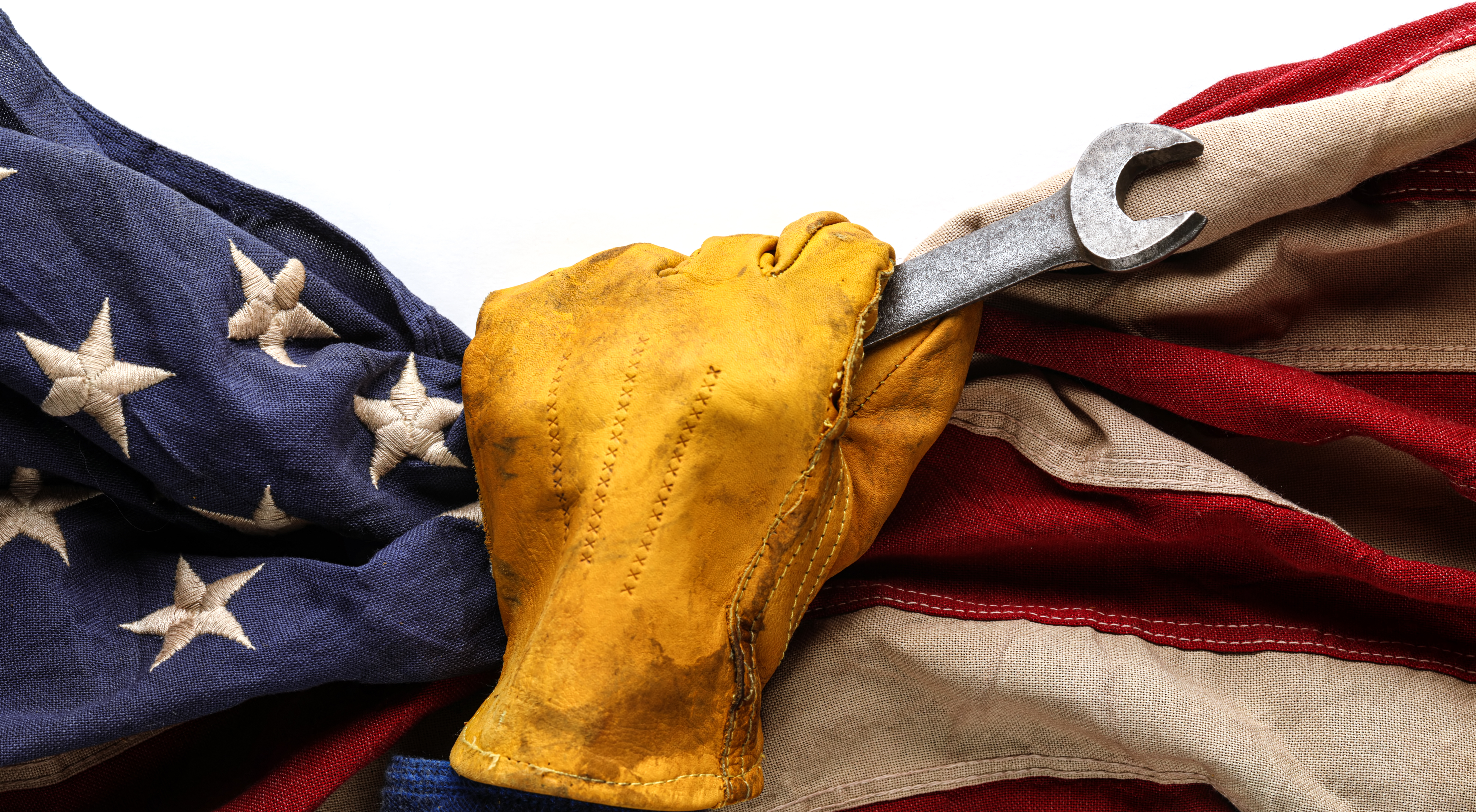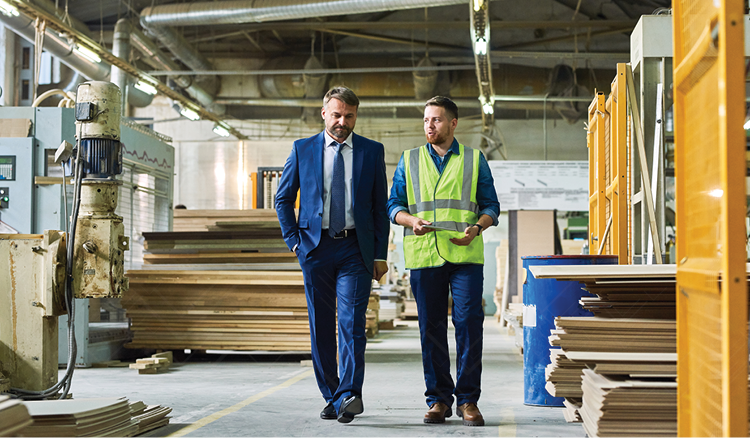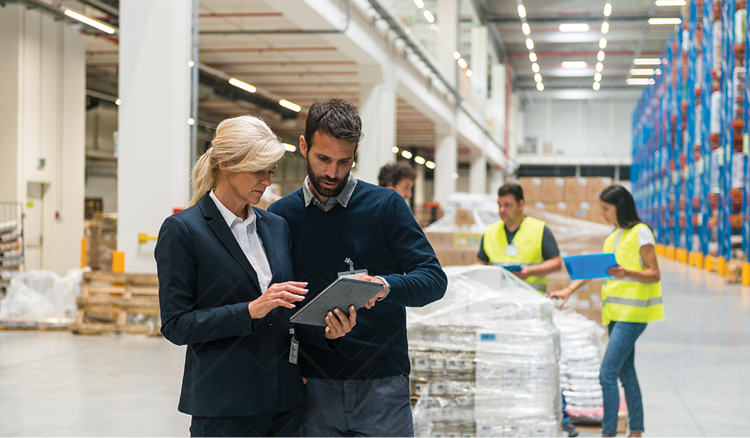Four Ways American Manufacturing Helps The Environment
This land is your land, this land is my land.
Reshoring manufacturing in America would change the lives of many in the workforce, bolster countless industries, and even help to reignite the spark of unity in the hearts and minds of American citizens. But a leaf unturned in this conversation is the effect this industry-wide change would have on America’s soil (literally).
Is “Buy American, Save The World” too presumptuous, or is it right on target? Time will tell.
Four Ways American Manufacturing Can Help the Environment
1. Locally Sourced Materials
When moving materials via land, air, or sea, different levels of pollution have the opportunity to affect the environment. By sourcing materials from the closest possible distance, the smallest amount of transportation pollution will be emitted.
Although not an environmental factor, it is still an important point: sourcing locally stimulates the economy. When done more often, this can eventually help to reduce the cost of locally manufactured goods.
2. Energy Efficiency

Globally, the US leads the way in innovative manufacturing. By enforcing efficient methods of production using lean manufacturing practices, modern technology, and energy-efficient machinery, the American manufacturing industry gives businesses and suppliers the opportunity to reduce their carbon footprint. Whether the energy source is water, coal, electricity or any other method, the US remains dedicated to the innovation of sustainable manufacturing technologies.
Since the 2010s, America has increased its GDP while reducing carbon emissions on an industry-wide scale. Continuing to invest in energy-efficient resources will ensure that eco-conscious US businesses seek each other out for partnerships, creating a link between industry leaders with goals of sustainability.
3. Agricultural Stimulus
Reshoring manufacturing affects many industries in more ways than one, namely, the agriculture industry. Whether creating food or textiles, agriculture is ultimately affected. Since 1970, the top US farms contributing to the industry have doubled production while still remaining largely environmentally friendly and innovative.
Investing resources into farms dedicated to sustainable means of production not only creates stimulation into renewable resources but also cuts down on the carbon footprint previously created by sourcing agricultural materials from elsewhere, as discussed previously.
4. Influence
The US is a world leader in power, economy, and cultural influence. Reshoring manufacturing is not only environmentally beneficial to America’s success, but to the world as a whole. When the American culture of manufacturing leans into localization and sustainability, industry leaders could reasonably expect other countries to follow suit, or adapt manufacturing processes to rely on the US for production. This type of logic is framed for long-term adoption, but is a vital piece of the puzzle when it comes to conscious efforts.
Veryable’s mission is to revitalize manufacturing, logistics, and warehousing operations with on-demand labor. With the help of technology, we connect American businesses to skilled operators on an on-demand basis. Learn more about Veryable’s platform and resources to enhance your operations by creating your free business profile
Previous Posts
On-Demand Labor vs Staffing: Different Models, Different Outcomes
The Future of Manufacturing and Logistics
Create a free business profile today to explore our platform.






